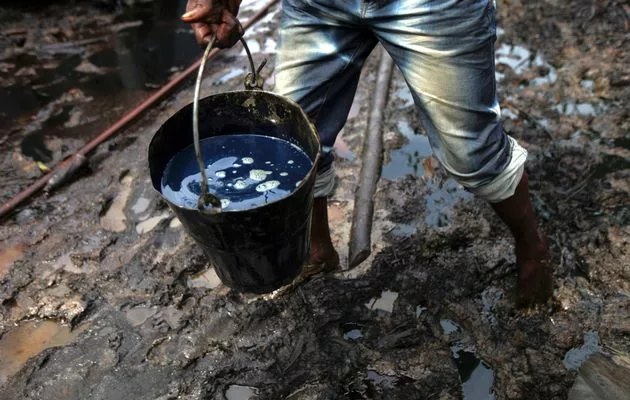The impact of increased crude oil proceeds on the Nigerian economy is a topic of profound significance, reflecting both the country’s reliance on oil revenue and the potential opportunities and challenges associated with fluctuations in global oil prices. As one of the largest oil-producing nations in Africa, Nigeria’s economy is deeply intertwined with the fortunes of the oil market, with oil exports historically accounting for a significant portion of government revenue and foreign exchange earnings.
Depending on the grade, the prices of crude oil on the international market currently stand at between $85.00 and $90.00.
When crude oil prices rise, as seen in periods of strong global demand or geopolitical tensions, Nigeria stands to benefit economically. Increased oil proceeds translate into higher government revenues, providing the fiscal space to fund infrastructure projects, social programmes, and public services. This influx of revenue can stimulate economic growth, create employment opportunities, and improve living standards for Nigerians across the country.
Moreover, higher oil revenues can bolster investor confidence and attract foreign investment, particularly in the oil and gas sector, which remains a cornerstone of Nigeria’s economy. Foreign direct investment (FDI) in oil exploration, production, and related industries can spur technological innovation, enhance productivity, and contribute to the development of local supply chains and ancillary industries. Additionally, increased oil revenues can strengthen Nigeria’s position in international financial markets, enabling the government to access capital at more favorable terms and support sustainable development initiatives.
However, the impact of increased crude oil proceeds on the Nigerian economy is not without its challenges and risks. Overreliance on oil revenue exposes the economy to volatility and external shocks, as evidenced by the sharp downturns experienced during periods of oil price volatility or market disruptions. Nigeria’s economy is susceptible to the “resource curse” phenomenon, whereby an overemphasis on natural resource extraction can hinder diversification efforts, weaken institutions, and perpetuate economic inequalities.
Furthermore, the management and allocation of oil revenues are often fraught with inefficiencies, corruption, and mismanagement, undermining the potential benefits of increased oil proceeds. Weak governance structures, lack of transparency, and political instability can exacerbate these challenges, leading to the misallocation of resources, erosion of public trust, and social unrest.
To harness the potential benefits of increased crude oil proceeds while mitigating its associated risks, Nigeria must pursue a comprehensive and sustainable development agenda that prioritizes economic diversification, fiscal discipline, and institutional reform. Investing in sectors such as agriculture, manufacturing, and technology can reduce the economy’s reliance on oil exports, create a more resilient economic base, and promote inclusive growth. Moreover, strengthening governance mechanisms, enhancing transparency and accountability, and fostering a conducive business environment are essential to ensure that oil revenues are effectively managed and utilised for the benefit of all Nigerians, both present and future.





